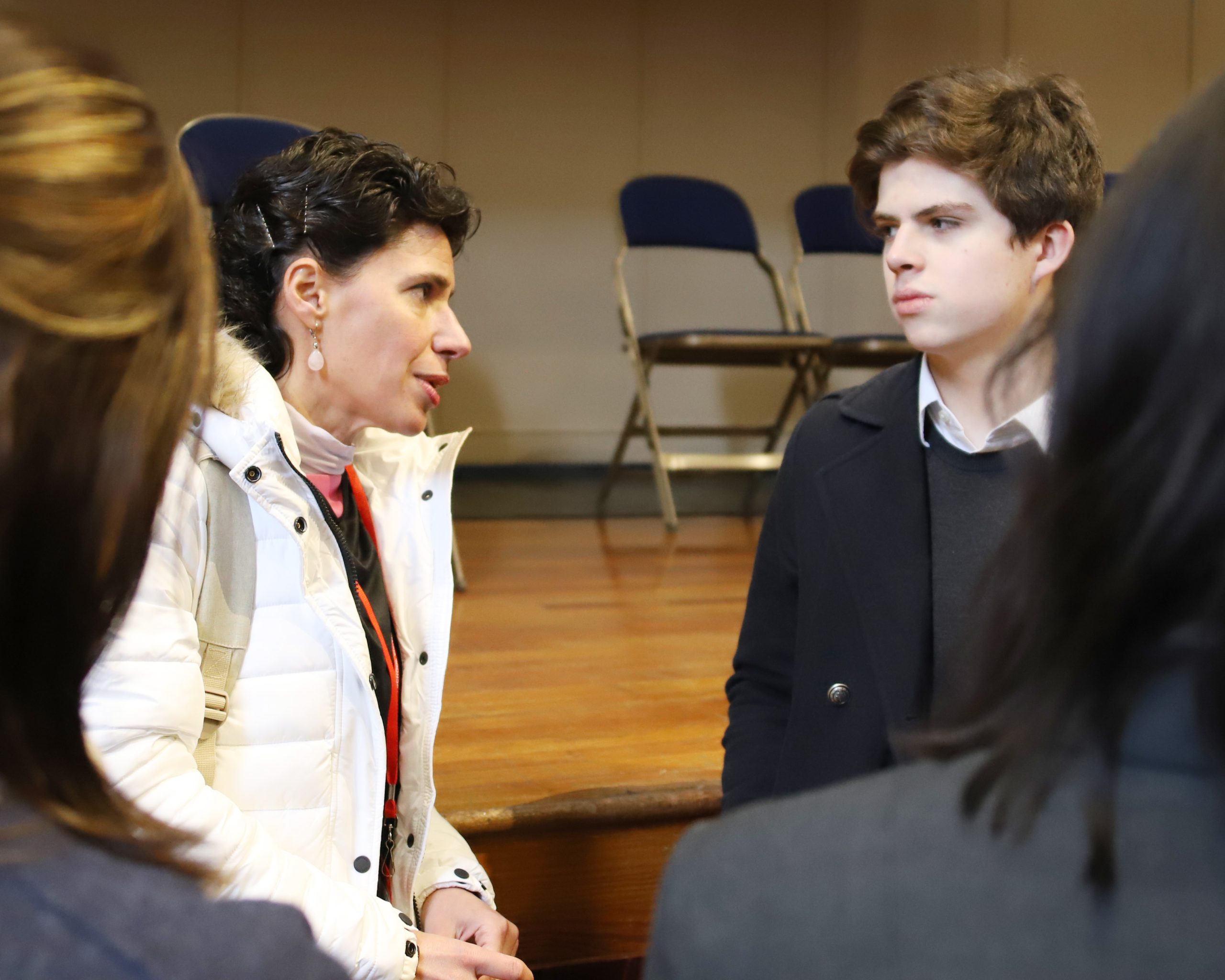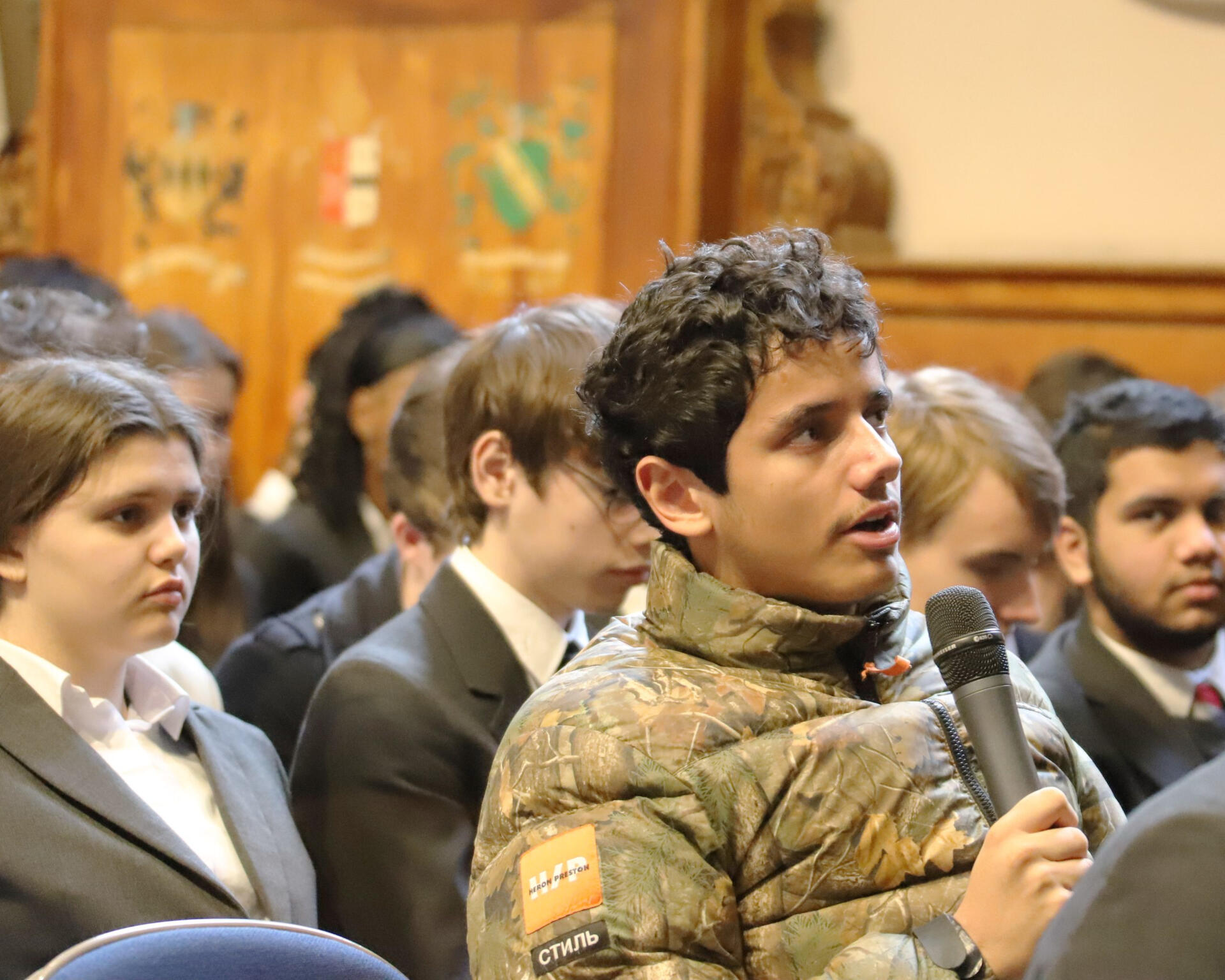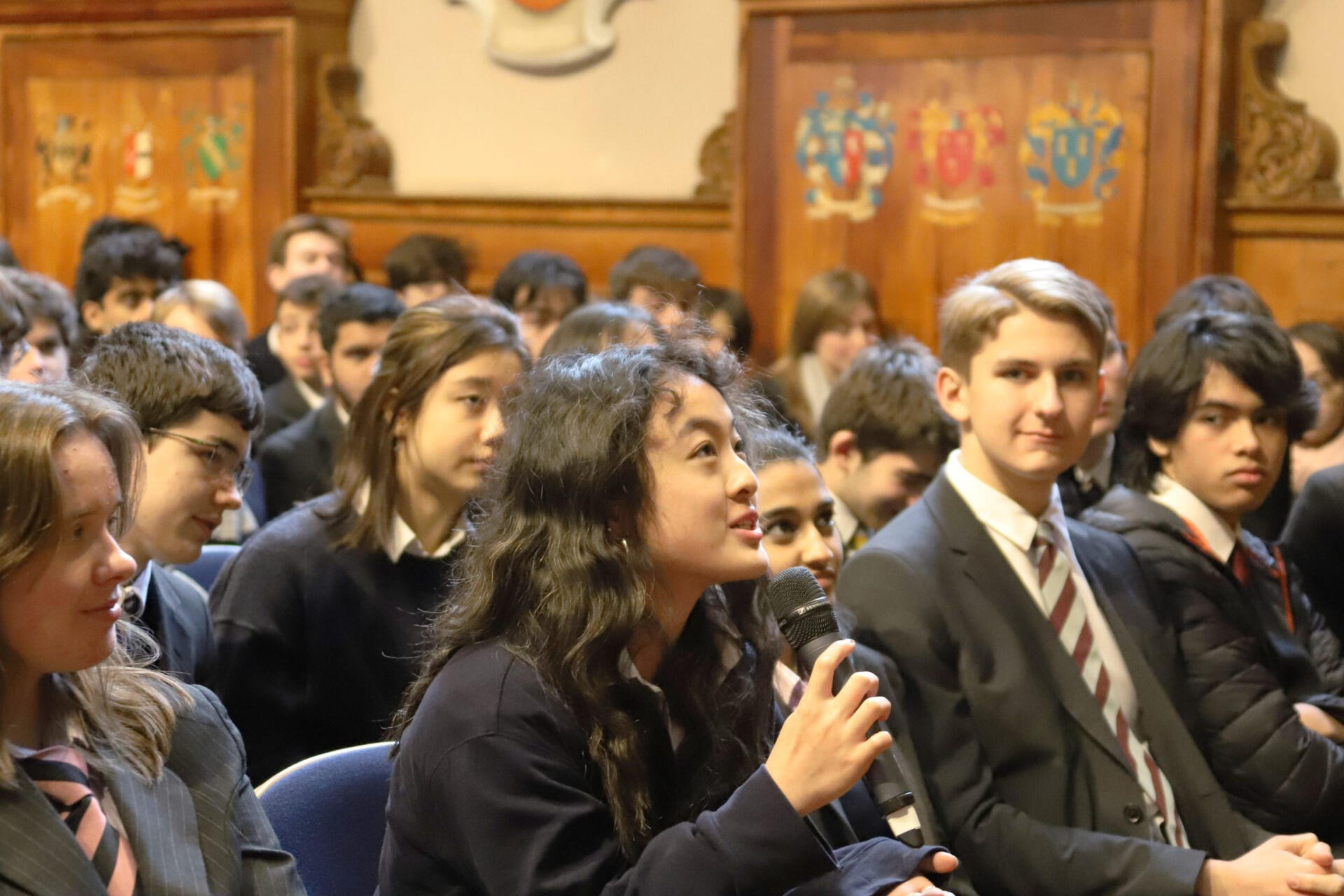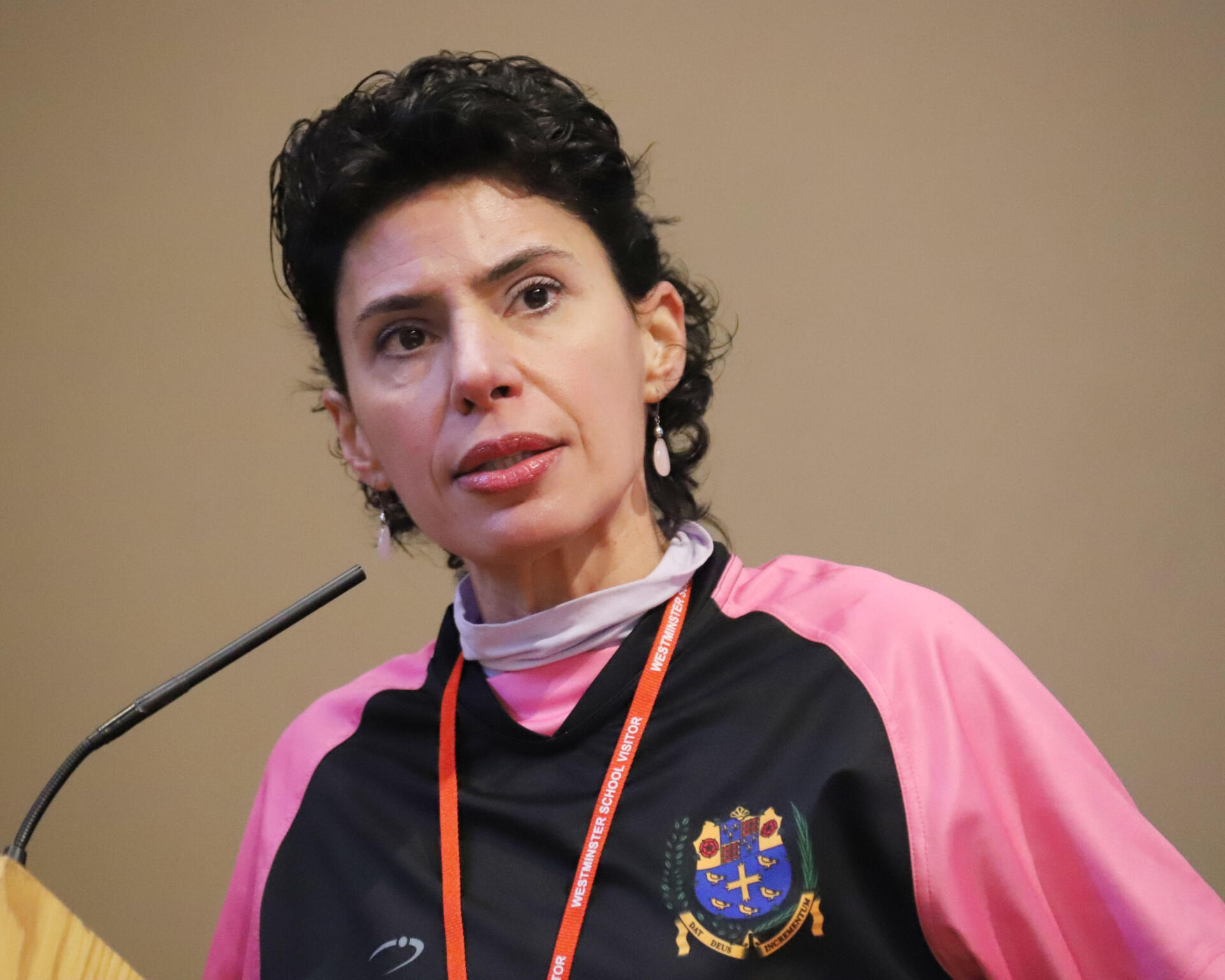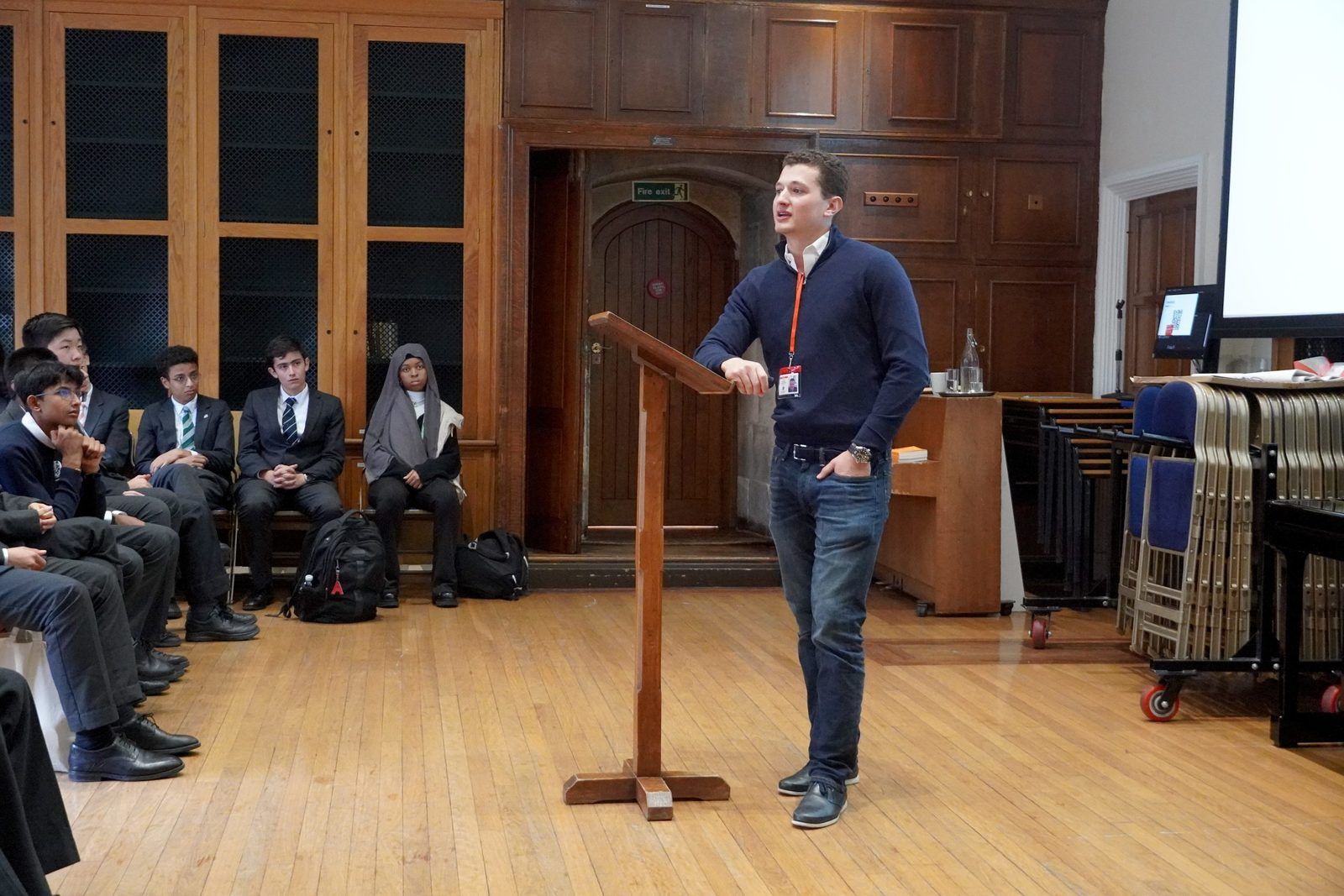Microsoft AI and data expert shows pupils the potential future of learning, with virtual reality, mixed reality and the 3D internet at the centre
At a John Locke Lecture in January, Didem Un Ates discussed the Metaverse and its power to bring learning spaces to personal spaces, to alleviate the current pressures that the education sector is facing, and to provide the highest possible quality of education.
Didem, Head of Applied Strategy, Data and AI at Microsoft, looked at how artificial intelligence, mixed reality and the Metaverse, or the ‘3D Internet’, are becoming increasingly embedded in standard business processes, with the education sector also exploring these immersive technologies. With hybrid education having become a reality during the pandemic, she explained how technology is being focused even more on how schools can educate pupils online, to unlock even greater student potential, foster accessibility, and to lower costs.
With the 3D Internet allowing for up-to-date, digital representations of the real world, and VR as a ‘magic wand’, she argued teachers could find it increasingly difficult to hold pupils’ attention in class. She gave the example of the popular game Minecraft, which has an education edition, as how immersive technologies like real-time 3D, augmented reality, virtual reality and mixed reality are fast becoming normalised. Use of a VR headset, she said, is proven to increase focus, information retention and learning outcomes. And far from being a distant reality, there are already a number of ‘metaversities’ with virtual campuses launching around the world aiming to solve fundamental issues of of accessibility, inclusivity and diversity in the Education sector.
Considering VR headsets in education, Denis (Sixth Form, WW) said: “The differences are massive: suddenly, one can seemingly trot the globe with nothing but a headset. From the halls of Harvard to simple meeting rooms, built virtually around the user, the Metaverse seems to offer all the advantages of the internet’s connectivity; the seminal difference, however, especially for students, lies in the new level of engagement a 3D virtual reality offers as opposed to a 2D zoom-call on a laptop
“The talk was fascinating. Inspiring to believers, disturbing to detractors, but unquestionably thought-provoking. Didem Un Ates laid out a striking vision of the future of education transformed by ground-breaking technologies collectively termed ‘the Metaverse’.
“There is no question, then, that the Metaverse will play a growing role in the future of education. The question, however, is to what extent Metaverse should be subordinated to real, in-person education. It is questions such as these which were asked of Ms Ates by Westminster pupils attempting to understand the scale of the potential behind this technology of tomorrow (or even of tonight) and its potential limitations.
Referring to inclusivity in the Metaverse, Yulia (Sixth Form, GG) said: “Ms Un Ates was an advocate for diversity in this field and how the programmes that she established influenced young girls in the US to take a bigger interest and get involved in the world of machine learning and the metaverse.
“I was surprised to find out that anyone with a Teams account, which most of us have due to the pandemic, could access the Metaverse! This demonstrates how people need to prepare for future advancements in AI as it will soon become an even bigger part of all our lives.
Ashley (Sixth Form, MM) said: “The talk made me consider the surprising potential of metaverse technologies in enhancing education. The Metaverse will be able to create more immersive educational opportunities that once would have been impractical.”
Related News Stories
